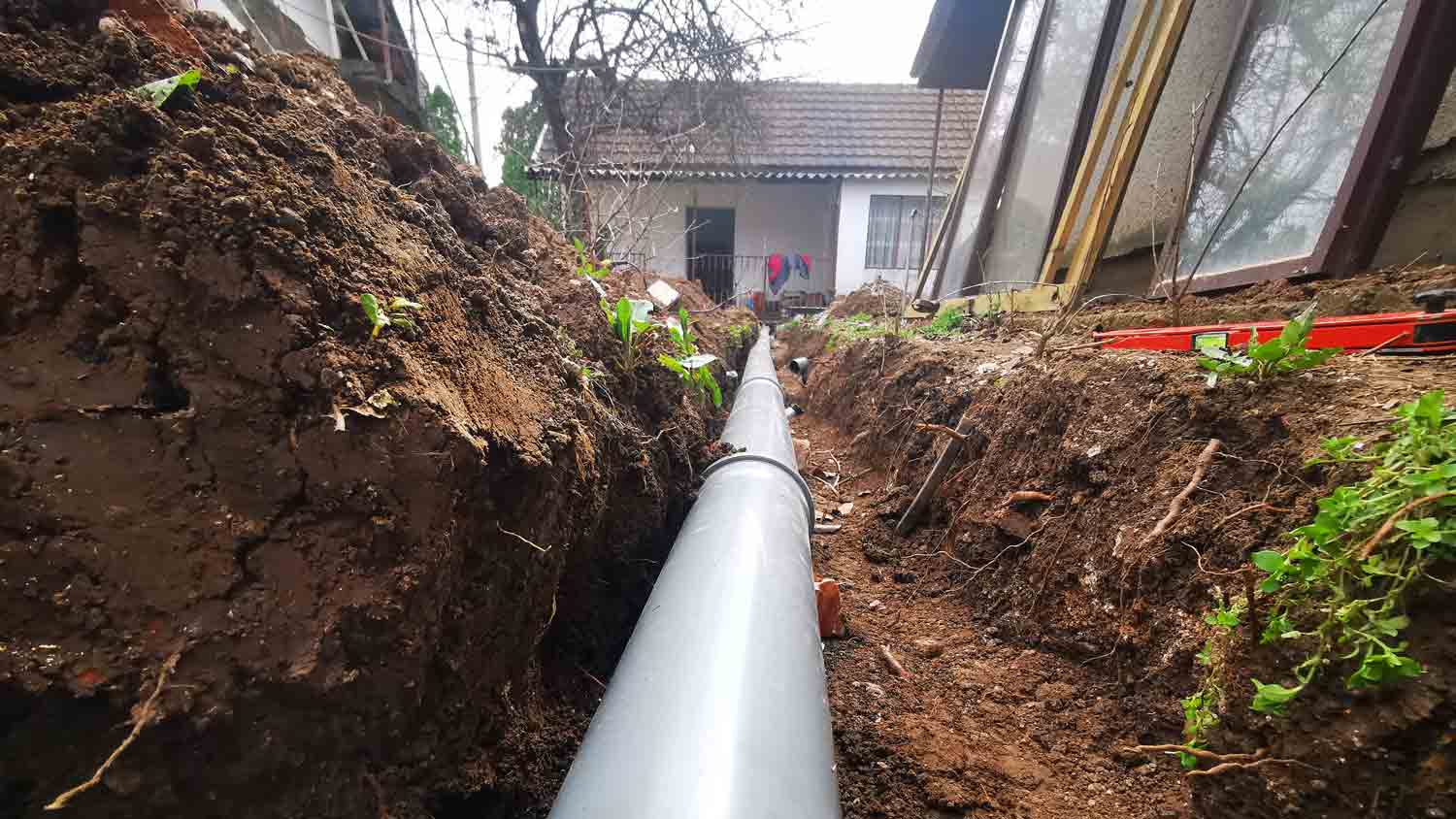
A home's primary water supply is crucial. Learn the factors that will affect your main water line replacement cost in Washington, D.C., to help you budget.
On average, hiring an emergency plumber costs $170, but prices may range from $60 to $600 per hour, depending on the timing and type of emergency.


Emergency plumbers charge 1.5 to 3 times more than a regular plumber.
Repair costs vary widely by location and the plumber’s experience level.
An emergency plumber raises prices for repairs on evenings, weekends, or holiday visits.
Some emergencies are more expensive to fix than others, with burst pipes and clogged sewer lines being the most costly.
Hiring an emergency plumber costs between $100 and $500 for most emergencies, with an average cost of $170 per hour. On the low end, you might spend as little as $60 an hour, but in extreme cases, emergency plumbers might charge upward of $600 an hour.
The type and timing of the emergency are the two largest factors impacting the price of emergency plumbers, but local rates can also influence costs.
On average, plumbers cost from $40 to $200 an hour, depending on their level of experience, where you live, and the type of plumbing problem they’re addressing. Emergency plumbers cost anywhere from 1.5 to 3 times as much, depending on the timing of the emergency and the type of work required. Local labor rates also influence the cost of emergency plumbers.
Shaddai Plumbing team is great! They are very professional, they keep their word, they complete job without delays. Great quality. We had to replace old water pipes across 2-story home and their service was great. We asked to add additional water switches to be able to switch hot/cold water on and off in separate parts of home - and they did it. Now if it will be leak or other problem - we can switch off kitchen area, or second floor without impacting other parts of our home. Highly recommended!
The timing of the emergency can influence what emergency plumbers charge. For instance, an after-hours weekday emergency might result in time and a half, while a plumber might charge three times their normal rate if you have plumbing problems on Thanksgiving or another holiday.
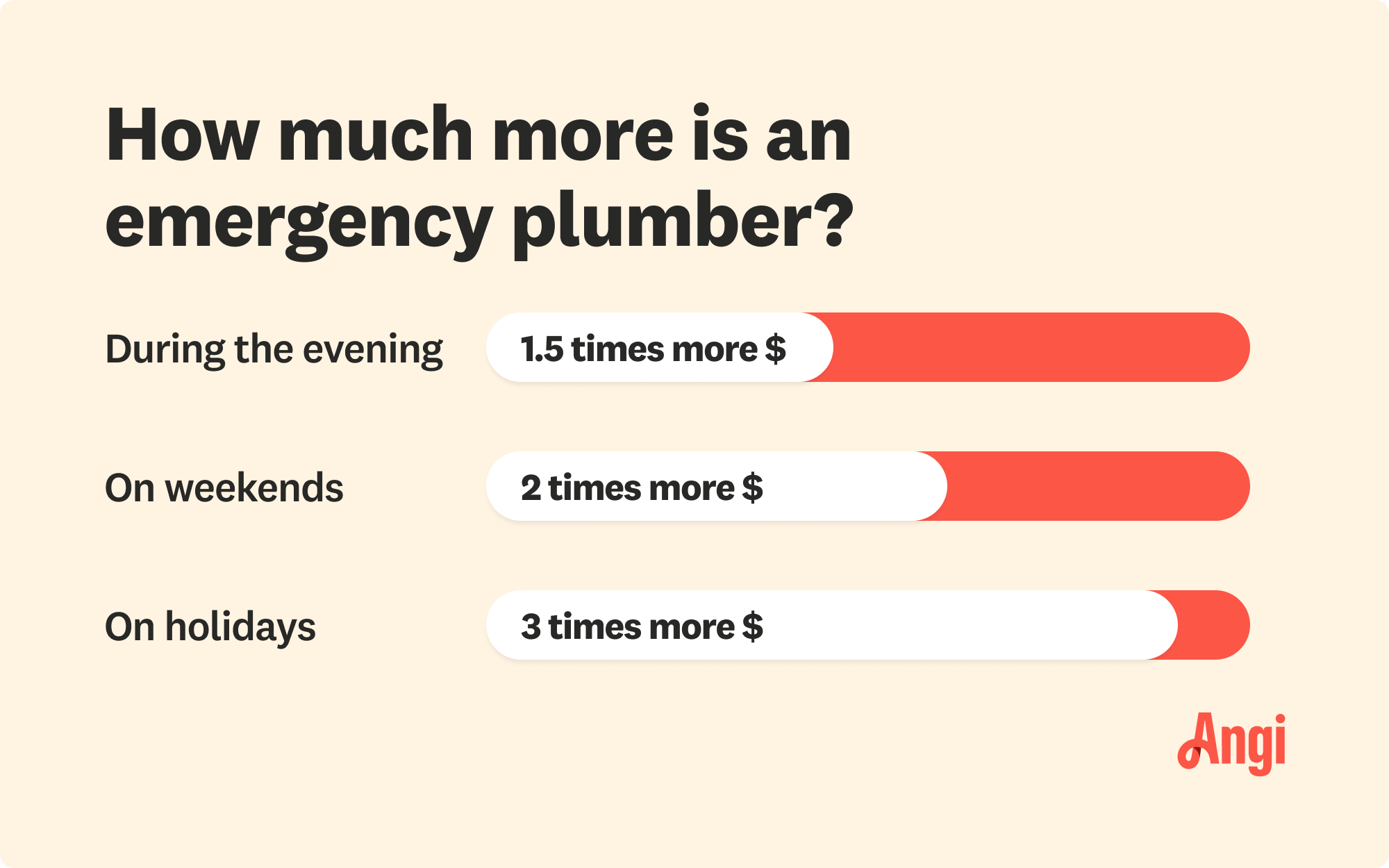
Local plumbers may also charge more during regular business hours if you need them to prioritize coming to your home and fixing a problem immediately, as it may cause them to adjust their schedule and put other clients on the back burner.
So how much more expensive does this make emergency plumbing? Knowing that the average cost of a plumber is $40 to $200 an hour, here’s how the timing of emergencies can impact hourly costs:
| Timing of Emergency | Typical Hourly Cost Range |
|---|---|
| Evening | $60–$300 |
| Weekend | $80–$400 |
| Holiday | $120–$600 |
How much you spend on an emergency plumber also depends on the type of plumbing emergency. Common plumbing emergencies include:
Sewer backups
Gas leaks
No hot water
Overflowing toilet
Sudden water hammer sounds
The amount of labor and type of tools and materials needed to address these issues can vary. Here’s a look at what each of these may cost to fix:
Burst pipe repair cost: $150–$5,000
Main sewer line clog repair cost: $1,325–$5,000
Gas line repair: $120–$1,350
Water heater repair cost: $225–$975
Toilet repair cost: $150–$375
Depending on the issue, you may have additional costs to budget for as well, such as drywall repair costs and water damage restoration costs, or pipe replacement costs.
Where you live impacts how much plumbers charge on average—and that extends to their emergency rates. The table below shows estimated emergency plumber costs in several major U.S. cities. Note that rural areas with fewer plumbers available may be even more expensive since you have fewer options for immediate repairs.
| City | Estimated Emergency Plumbing Costs |
|---|---|
| Austin, Texas | $265–$1,350 |
| Boston, Massachusetts | $300–$1,650 |
| Chicago, Illinois | $300–$1,575 |
| Cincinnati, Ohio | $265–$1,350 |
| Denver, Colorado | $300–$1,575 |
| Los Angeles, California | $300–$1,800 |
| Las Vegas, Nevada | $265–$1,500 |
| Minneapolis, Minnesota | $265–$1,500 |
| New Orleans, Louisiana | $265–$1,425 |
| New York, New York | $300–$1,575 |
| Orlando, Florida | $225–$1,125 |
| San Francisco, California | $300–$1,800 |
| Seattle, Washington | $415–$2,250 |
| Washington, D.C. | $300–$1,575 |
| Indianapolis, Indiana | $250–$1,275 |
| Phoenix, Arizona | $300–$1,400 |
| St. Louis, Missouri | $275–$1,245 |
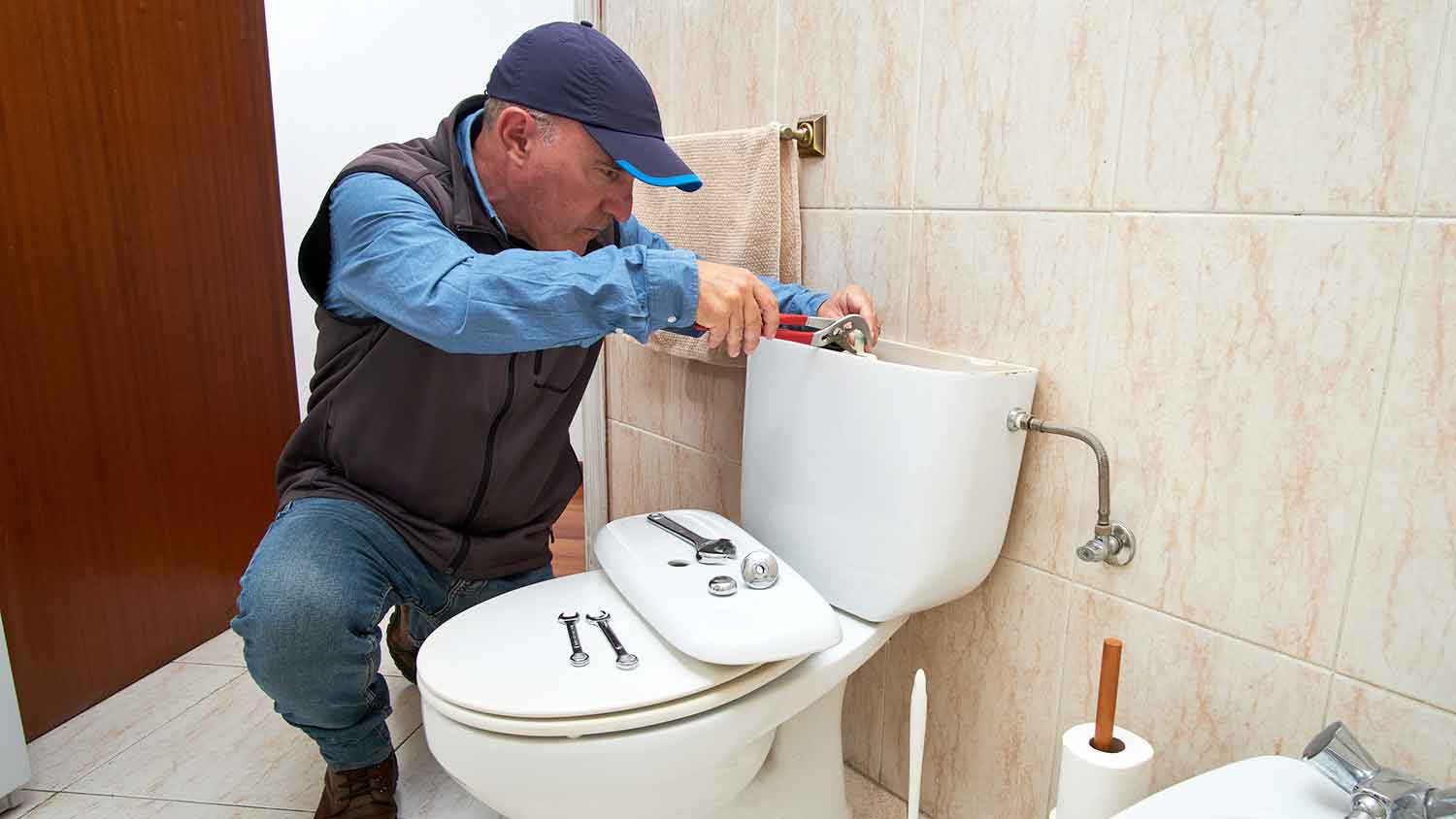
Plumbing emergencies can cause a lot of damage in a short period of time and can even be dangerous. Hiring a local emergency plumber will ensure your issue is handled quickly and correctly to prevent further damage or health risks to your household.
Emergency plumbing repair can be critical to save your home from costly damage, so here’s why it’s best to hire a pro:
A qualified plumber can quickly diagnose the cause of your problem and immediately begin repairs.
Plumbing requires specialized tools and equipment—a pro will have the tools and expertise to handle any emergency situation.
Plumbing problems may have underlying causes that a homeowner won’t know to look for.
DIY plumbing repair can result in serious damage if the job isn’t done right.
A professional will ensure all repairs are up to code.
Waiting until regular business hours to address a plumbing issue can compound an already serious problem.
A plumbing pro will take precautions to mitigate any safety risks to your home and household.
It’s best to leave emergency plumbing repair to the pros, but if you want to help fix the situation, some things you can do while you wait for the plumber include:
Turn off your home’s water supply at the main shutoff valve or the supply to a damaged fixture. Do not attempt to turn off your gas supply—let the pros handle that potentially dangerous task.
Mop up water overflow in your home.
Clean up the area around any fixtures or appliances the plumber will need to access and ensure adequate lighting.
When hiring a plumber, it’s a good idea to chat with multiple contractors and get multiple quotes. In an emergency situation, you may not have as much time to do your due diligence and ask your plumber all your questions—especially if you’re dealing with flooding or a gas leak.
However, it’s still important to ask a few questions before the emergency plumber begins work, such as:
What is your emergency rate, and how long do you think the problem will take to fix?
Is there anything I can do now to mitigate damage from the problem?
Is there a short-term fix we can move forward with before we discuss longer-term solutions?
Are you licensed and insured to perform this service?
Does the work you’re doing require any kind of permit?
What can I do to avoid issues like this in the future?
At 1.5 to 3 times the normal cost of plumbing repair, emergency plumbing can be expensive. Here are a few tips to cut costs:
Develop a good working relationship with a plumber: Try to use the same plumber for routine plumbing maintenance and the occasional plumbing repair that pops up, assuming you like their work. If you’re a loyal customer, the plumber may be more willing to cut you a deal in an emergency situation.
Ask for a short-term fix: If you don’t have the time to get multiple quotes from plumbers, ask your emergency plumber to do the bare minimum to resolve the issue temporarily. This will give you more time to review multiple quotes from plumbers to perform a long-term fix—and during normal business hours, when rates are more affordable.
Turn off the water: If you’re dealing with a burst pipe or any other pipe leak, turn off the water to mitigate water damage until the plumber arrives.
Review your home warranty and homeowners insurance: If an appliance malfunctions (or is damaged during the plumbing emergency), check your home warranty to see if it’s covered. Some home warranties even cover water heaters. In addition, depending on the cause of the plumbing emergency, your homeowner's insurance may cover the repair. Review your policy and submit a claim for reimbursement if you think your plumbing issue is covered by homeowners insurance.
Clearly explain to the pro what the problem is, where it seems to have started, and how long it’s been going on.
Be prepared to find out if you need to replace fixtures or appliances or if they can be repaired.
Notify the pro of any hazards in the work area, such as sewage or a potential gas leak.
Find out if the repair is a short-term fix or a permanent solution.
Home is the most important place on earth, which is why Angi has helped more than 150 million homeowners transform their houses into homes they adore. To help homeowners with their next project, Angi provides readers with the most accurate cost data and upholds strict editorial standards. We extensively research project costs to develop the pricing data you see, so you can make the best decisions for you and your home. We rely on reputable sources, including the U.S. Bureau of Labor Statistics, academic journals, market studies, and interviews with industry experts—all to ensure our prices reflect real-world projects.
Want to help us improve our cost data? Send us a recent project quote to [email protected]. Quotes and personal information will not be shared publicly.
From average costs to expert advice, get all the answers you need to get your job done.

A home's primary water supply is crucial. Learn the factors that will affect your main water line replacement cost in Washington, D.C., to help you budget.

Discover what it costs to hire a plumber in Washington, D.C. and what impacts plumber costs, such as permits and home age, plus how to hire a local pro.
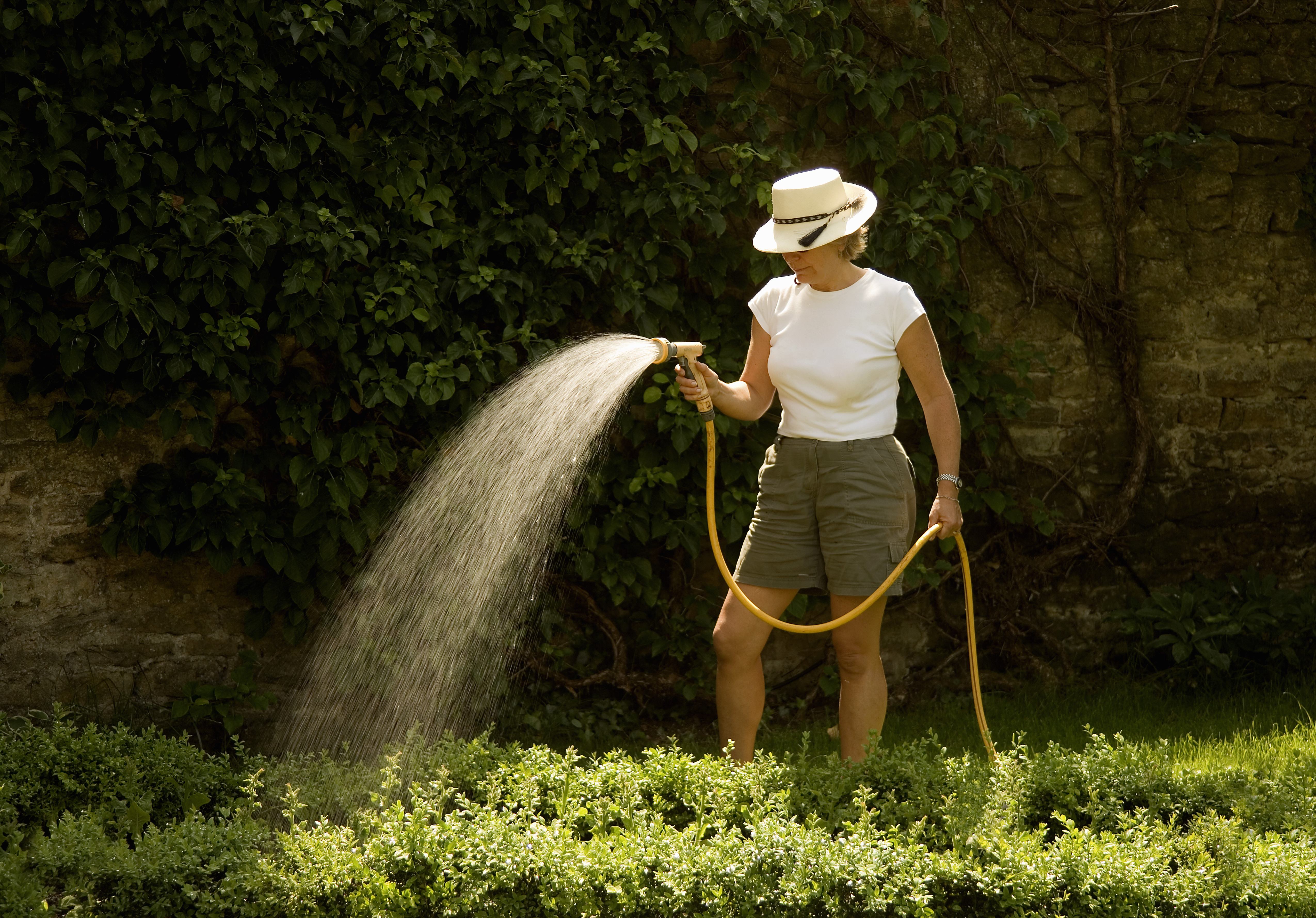
Learn the pricing factor details that will affect your main water line repair cost in Washington, D.C., including the repair type, size, and accessibility.

Understand how much water a toilet uses per flush and find ways to make your house more sustainable and efficient while lowering water bills.
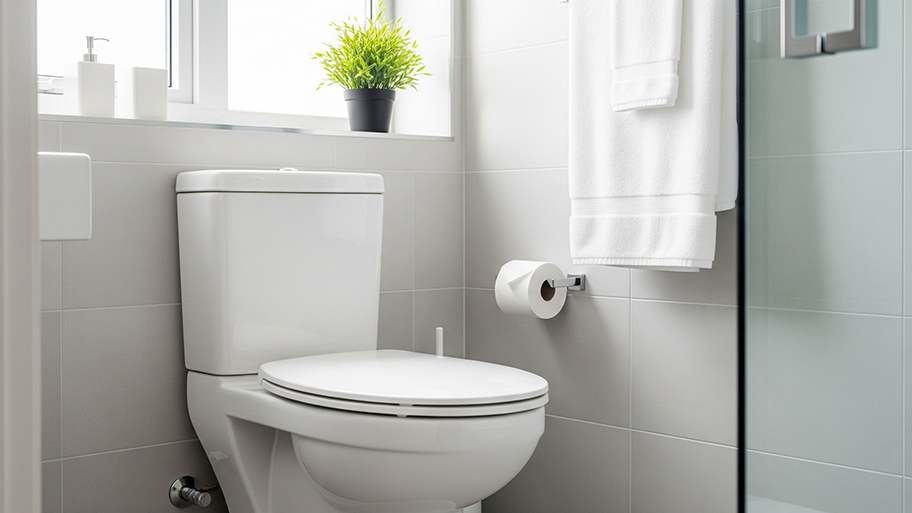
Find the right type of toilet tank flapper for your bathroom, including rubber, silicone, standard, adjustable, and dual flush.
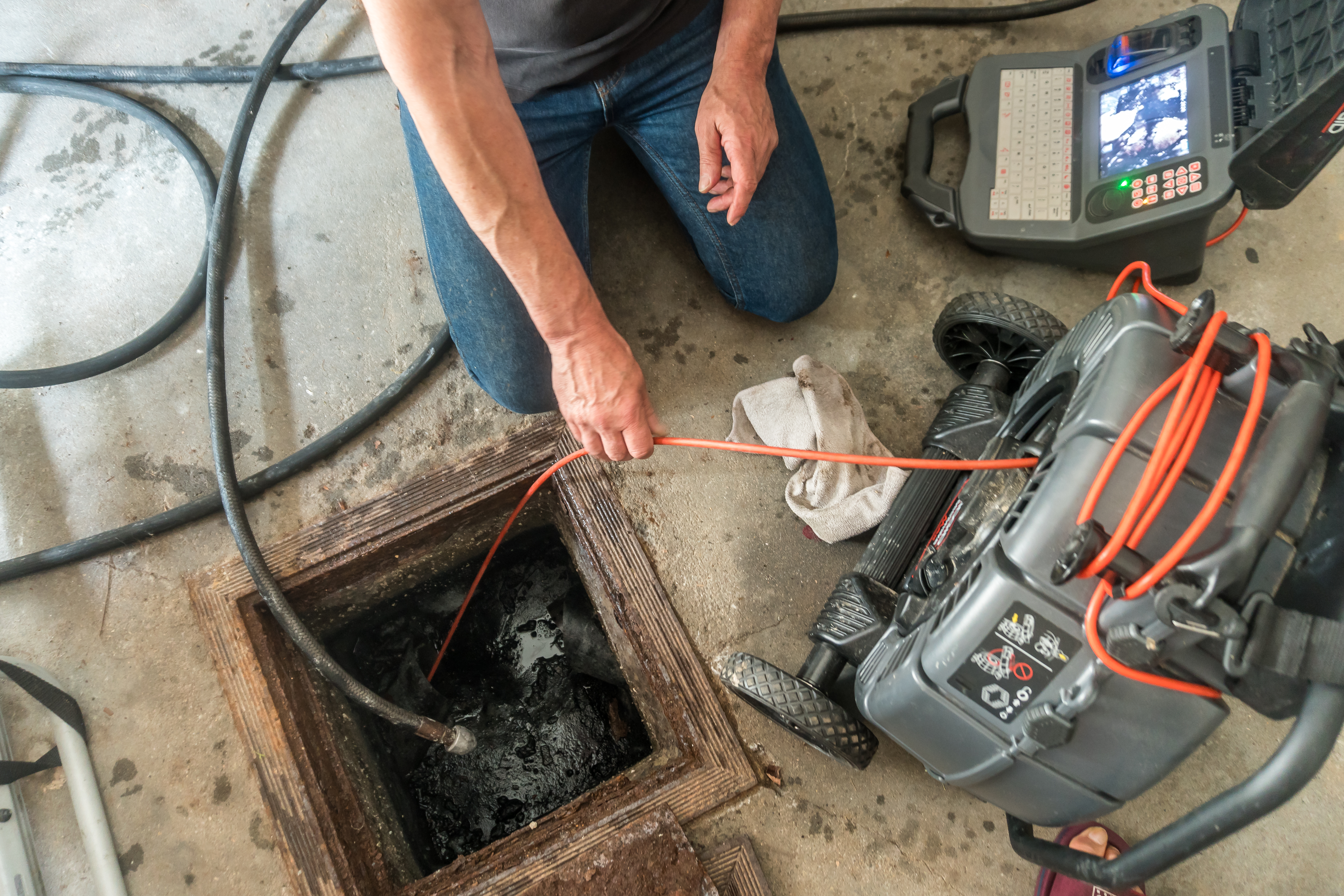
Understand Title 5 inspection costs, including average prices, key cost factors, and tips to save money on your septic system inspection.